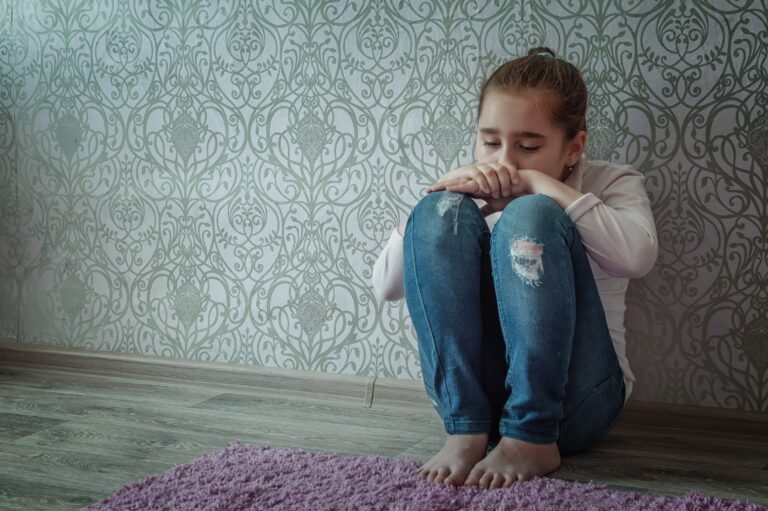In my journey as a childhood educator, working closely with children from 3 months to 5 years old, I’ve navigated the broad spectrum of emotions, behaviors, and developmental stages that each child uniquely experiences.
One of the most valuable lessons I’ve learned is the power of positive discipline. Today, I want to share with you some insights on “Transforming Timeouts: Positive Discipline Strategies That Really Work,” drawing from the wealth of knowledge and hands-on experiences I’ve gathered.
Understanding the Role of Discipline in Early Childhood
Discipline, in my years of working with children, is not about punishment. It’s about guiding and teaching.
I’ve found that the goal is to help children learn self-control and self-direction, which are crucial skills for their lifelong journey.
The Shift from Punishment to Guidance
In my experience, shifting the perspective from punishment to guidance changes the entire dynamic of discipline. I’ve seen how children respond more positively when they understand the ‘why’ behind the rules, rather than just experiencing the consequences of breaking them.
Building Trust Through Consistency
Consistency has been my secret weapon. I’ve personally tested this technique and found that when children know what to expect from their actions, it builds a sense of security and trust, which is foundational for effective discipline.
Positive Discipline Strategies That Work
Over the years, I’ve tried and gathered a range of positive discipline strategies that have proven to be effective in encouraging good behavior while respecting the child’s growth and emotional development.
Timeouts Transformed
Traditional timeouts often isolate the child, potentially fostering feelings of resentment or misunderstanding.
In my journey in childcare, I’ve seen the transformative power of ‘positive timeouts.’
Instead of isolation, I create a ‘calm down’ space filled with comforting items where children can learn to manage their emotions.
It’s been a technique I’ve personally used and seen success with, as it teaches self-regulation rather than imposing punishment.
The Power of Choices
Giving children choices has been another strategy I’ve found incredibly effective. It empowers them, giving them a sense of control over their actions while still guiding them towards the desired behavior.
From what I’ve experienced, even simple choices can make a big difference in a child’s cooperation and sense of autonomy.
Reinforcing Positive Behaviors
I’ve personally seen the impact of focusing on and reinforcing positive behaviors rather than constantly correcting the negative.
This approach not only boosts a child’s self-esteem but also promotes the repetition of good behavior. It’s been a technique I’ve personally tested and advocate for strongly.
Engaging Families in Positive Discipline
In my work, I’ve learned the importance of engaging families in the discipline process. Consistency and cooperation between home and childcare settings magnify the effectiveness of positive discipline strategies.
Open Communication with Families
From what I’ve experienced, open and honest communication with families about discipline strategies and expectations can create a united front that significantly benefits the child’s development and understanding of acceptable behavior.
Sharing Resources and Strategies
I’ve gathered a wealth of resources over the years—from books to workshops—and sharing these with families has been instrumental in reinforcing positive discipline strategies across all environments in a child’s life.
Final Thoughts
In my journey in childcare and my experience with children, transforming the concept of timeouts and embracing positive discipline strategies has not only changed the way I approach behavior management but has also deepened my understanding of child development.
Positive discipline is about teaching and guiding, not punishing. It fosters respect, self-regulation, and a deeper connection between educators, parents, and children.
Through my years of working with young children, I’ve learned that the most effective discipline strategies are those that respect the child’s individual needs, encourage their growth, and build their emotional intelligence.
As we continue to navigate the challenges and joys of raising and teaching young children, let’s remember the powerful impact of positive discipline on their journey to becoming thoughtful, empathetic, and self-aware individuals.












